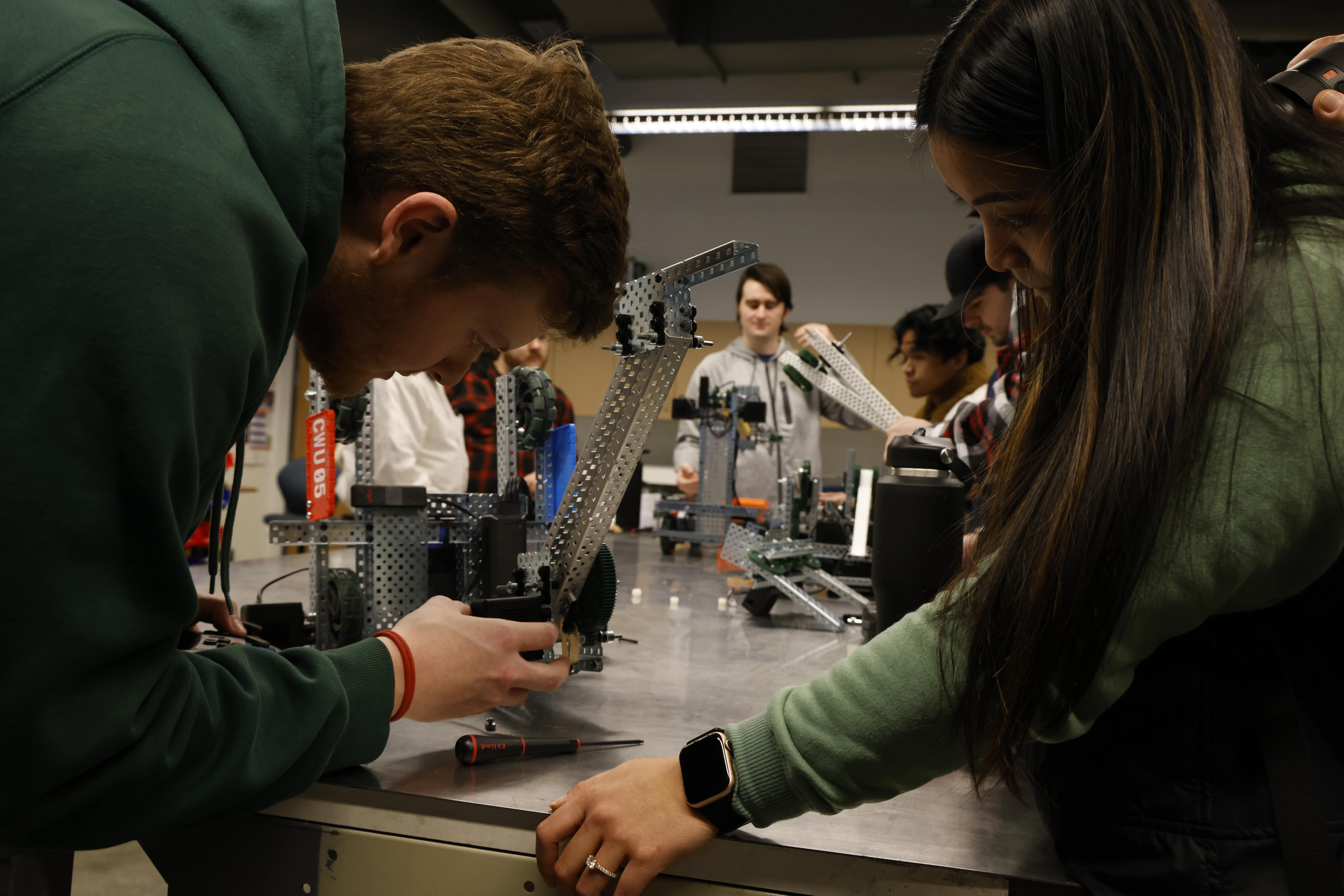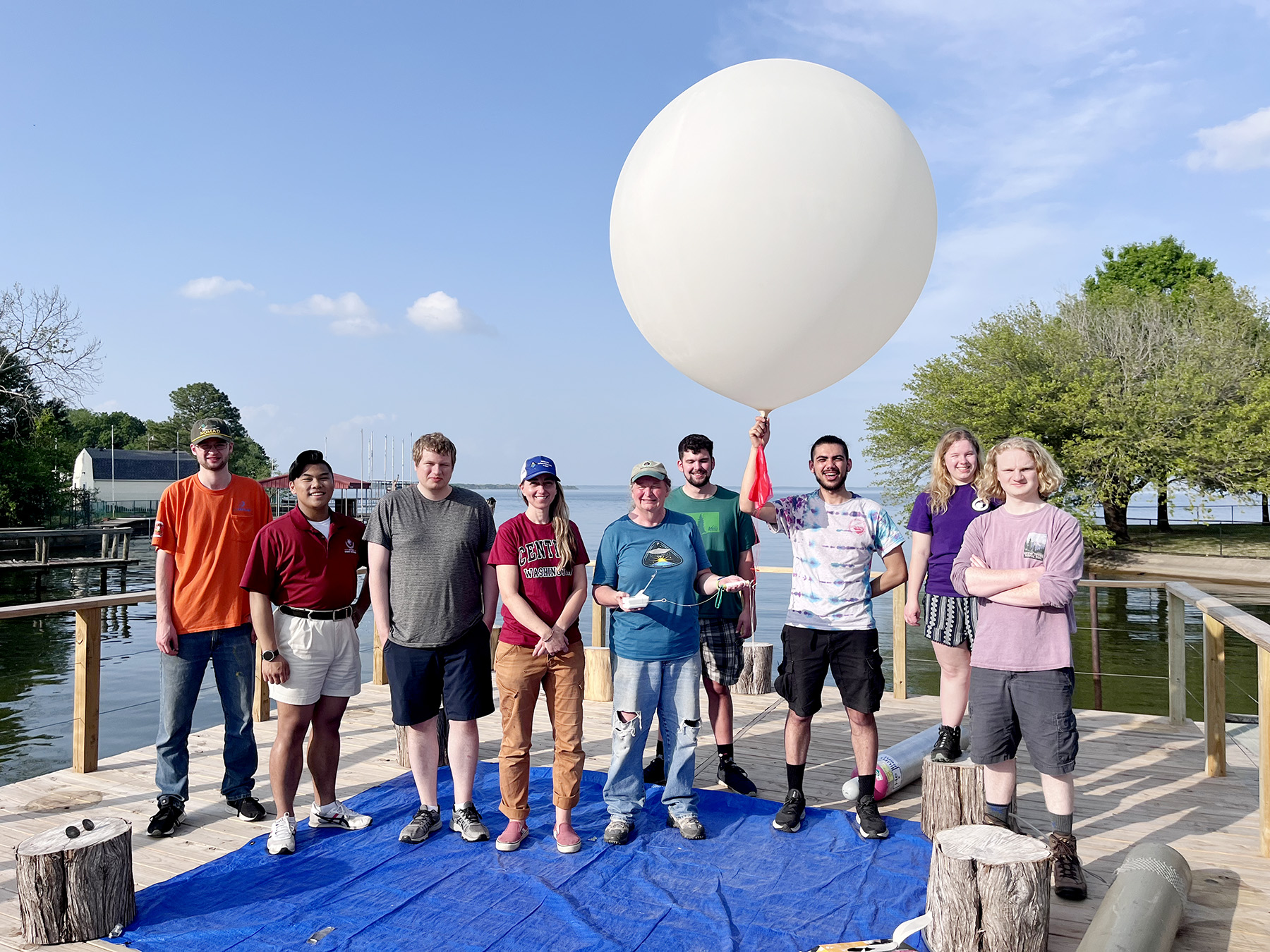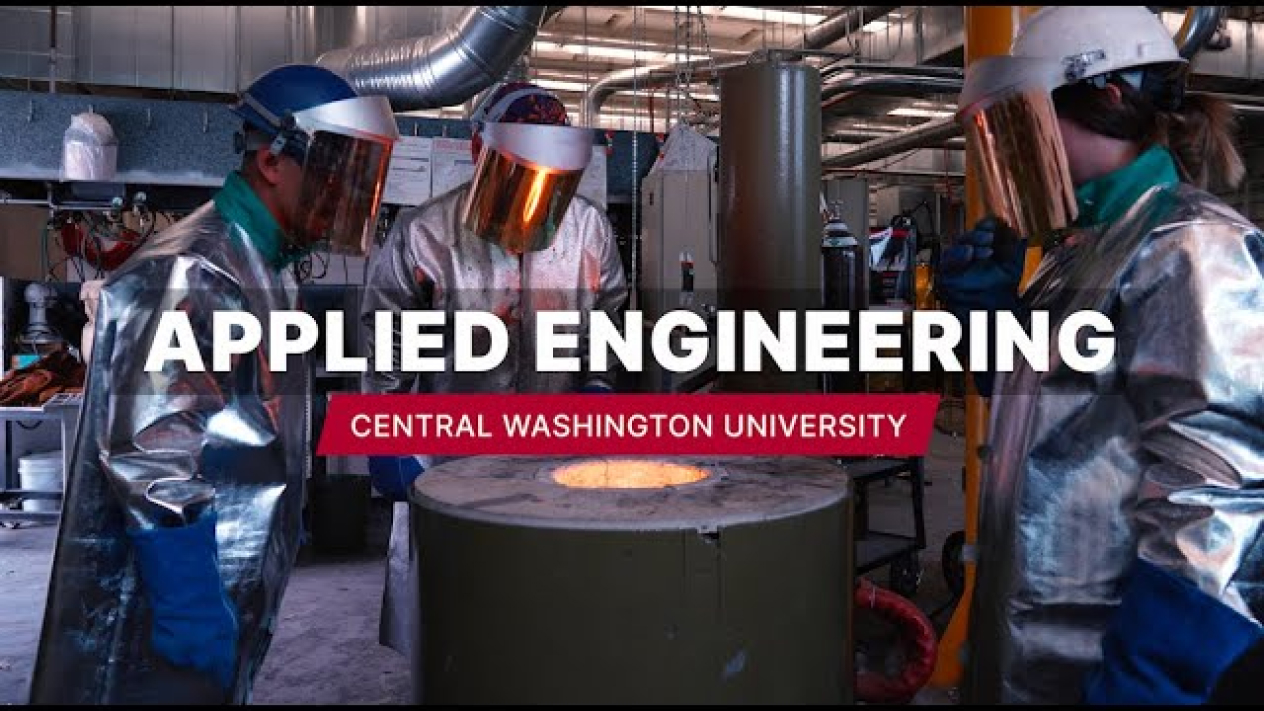
Applied Engineering
Welcome to the Department of Engineering Technologies, Safety, and Construction
Our experienced professors combine hands-on experiential learning with cutting-edge technology integration, preparing students for real-world engineering challenges in a dynamic and innovative manner.
About the ETSC Department
Through practical learning, opportunities to put theories into action, and instructors who care, CWU is the right place for you to begin your education in engineering technologies, safety, and construction.
About
Information about the engineering department and programs
Resources
Accreditation, Career Resources, Scholarships, and Student Clubs
Construction Management
Build your future with a degree in Construction Management, part of the Engineering, Technology, Safety, & Construction Dept.
Electronics Engineering Technology
Welcome to the Electronics Engineering Technology (EET) Program at Central Washington University
Industrial Engineering Technology
Learn about the Industrial Engineering Technology program at CWU
Mechanical Engineering Technology
Information about the Mechanical Engineering Technology program
Risk, Insurance, and Safety Management
Learn about the Risk, Insurance, and Safety Management program at CWU.
Safety and Health Management
Learn more about the Safety and Health Management Program at CWU.
Technology Education
Learn about the Technology Education Program in the Engineering, Technology, Safety, and Construction Department.
Faculty and Staff
Meet the People Behind the Department of Engineering Technologies, Safety, and Construction.
Master's Programs
MS Safety and Health Management and MS Engineering Technology and Management
Minors and Certificates
Minors and Certificates offered by the Department of Engineering Technologies, Safety, and Construction
Engineering Technologies, Safety, and Construction Management
Engineering Technologies, Safety, and Construction department is the right place for you.
Why Study Engineering Technologies, Safety, and Construction (ETSC) at CWU?
The study of Engineering Technologies, Safety, and Construction involves learning how to build connections. The same is true at CWU, where you can develop the networks and relationships that will provide a lifetime of benefits. Our programs are based on a foundation of technical courses, math and science, communications, and liberal arts.
Degree Options
Our department envisions itself providing an educational service with customers at both ends of the system: students wanting an education leading toward employment and employers desiring leaders of the future.
- Undergraduate
- Minors and Certificates
- Construction Minor or Certificate
- Engineering Technology Management Minor or Certificate
- Engineering Technology Minor
- Insurance Management Certificate
- Public Health and Risk Management Certificate
- Risk Management Minor or Certificate
- Robotics and Automation Minor
- Safety and Health Management Minor or Certificate
- Graduate
- Engineering Technology and Management, MS—Engineering Technology Specialization
- Engineering Technology and Management, MS—Construction Management Specialization
- Safety and Health Management, MS
Learn more about our degree options through our Program Finder.
Admissions
For general university admissions information, contact the Office of Admissions. For advising information, contact Academic Advising.
Are you a graduate student? Contact the School of Graduate Studies and Research for admissions information.
Highlights
Women in Industry
ETSC sponsors the event Women in Industry, which features a panel of accomplished female professionals. Businesses and government agencies such as The Boeing Company, Associated General Contractors of Washington, Washington State Labor & Industries, Natural Power, and the Office of Superintendent of Public Instruction (OSPI) have participated in this event to discuss how women are changing the industry landscape.
Top-level Facilities
Hogue Hall, home of ETSC, is an industrial complex. With 18 different labs every program offers plenty of hands-on opportunities to produce industry-ready graduates.
Questions? Contact Us
CWU News

Latest edition of Voyage Magazine available online
April 24, 2024
by University Relations

CWU defensive standout presented with coveted national award
April 24, 2024
by David Leder

CWU physics professor, students join national eclipse research project
April 24, 2024
by David Leder
